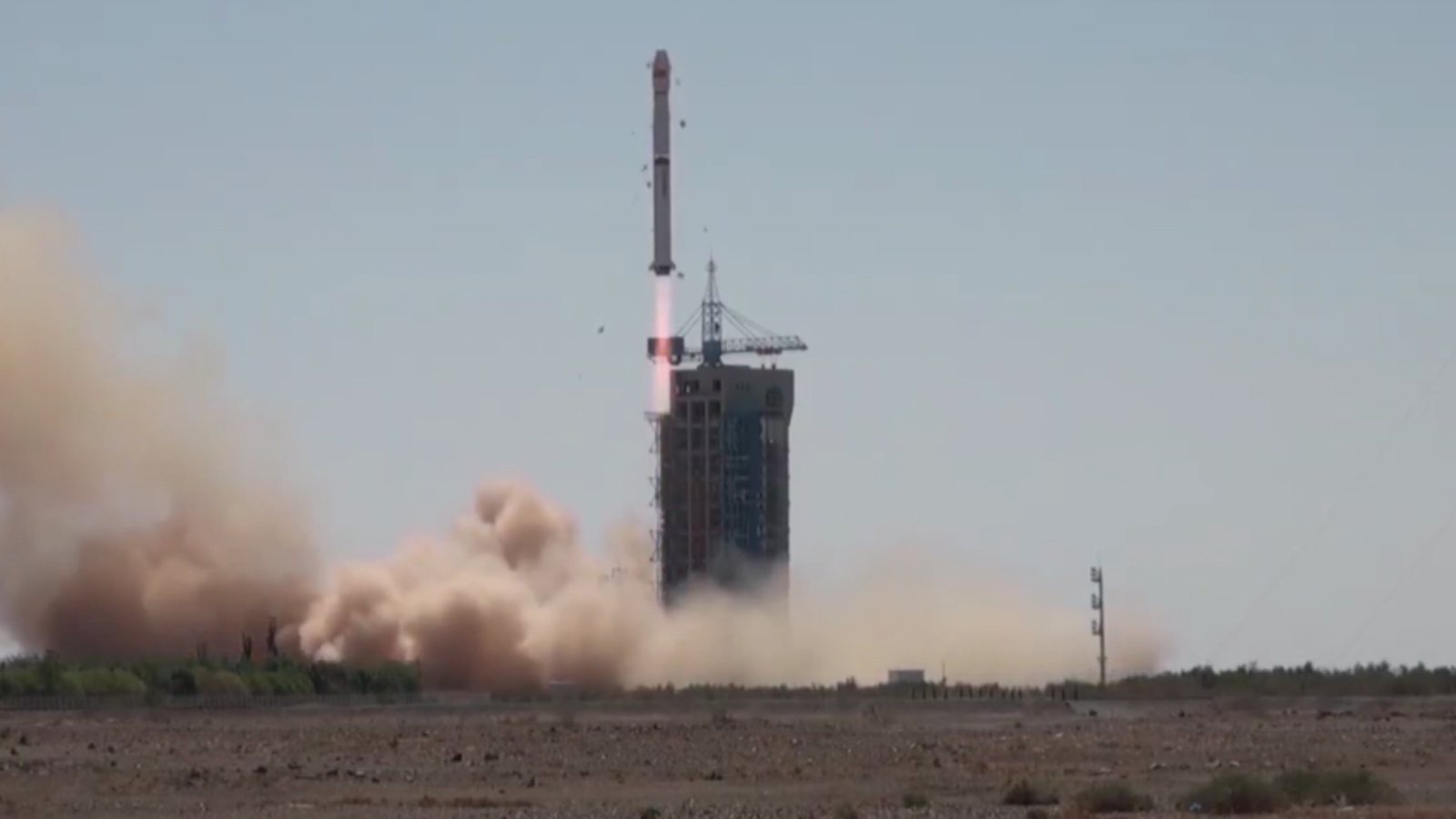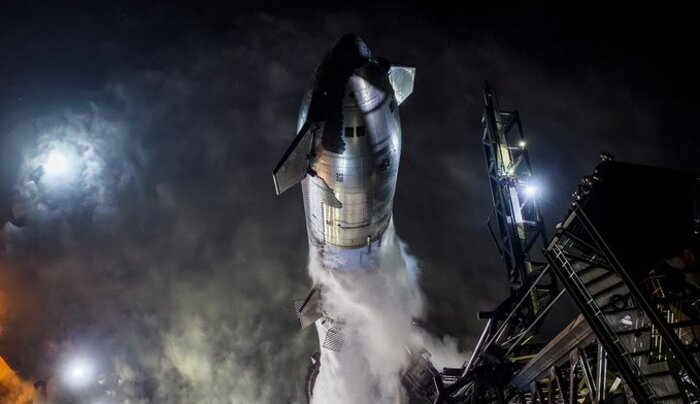Argentine company Satellogic signs agreement with SpaceX 3:27
(CNN Spanish) -
It was always a private company and now it is associated with another very peculiar one.
First, because of its activity: the construction and launch of satellites to observe the Earth.
Then, because of its origins: Satellogic is a South American company created in 2010 by two Argentine entrepreneurs who began to develop satellites with unconventional names.
The first, launched in 2013, bears the official name CubeBug-1, but was nicknamed Captain Beto in honor of the song composed by Argentine musician Luis Alberto Spinetta in honor of Norberto "Beto" Alonso, the legendary River Plate midfielder.
Manolito was the second, an allusion to the character in the Mafalda comics.
Others were baptized as Milanesat, Fresco and Batata, a nod to popular dishes of Argentine gastronomy.
The company has already put 21 satellites into orbit.
What we know about the failed Space X mission
«At Satellogic what we do is build satellites for observing the Earth.
Our satellites carry cameras that allow us to see what is happening on the planet in very high resolution to monitor the development of infrastructure or forestry agriculture ”, explains Emiliano Kargieman, co-founder of the company.
Essentially, satellites circle the Earth, allowing them to take images that are then transformed into information about what is happening on the planet's surface for various uses.
Satellites designed in Argentina, built in Uruguay
The company designs and operates its satellites in Argentina, but builds them in Uruguay, two countries that are not characterized by their space activity and even less from the private sector.
“You have the idea that everything that has to do with a satellite and with space is more focused on the United States, on Russia, now on China.
And when you hear that a company does it from South America, it sounds a little weird, "says Kargieman.
advertising
“Today we operate in a lot of places.
Everything that is research and development of satellites we continue to do in Argentina, where we have the largest team of engineers and the operation of satellites.
We do the manufacturing, assembling and testing of the satellites before launching them in Uruguay, where we have an integration plant near Montevideo, "he adds.
Many other activities are carried out in offices distributed in Spain, Israel, the United States and China.
“In Barcelona we analyze the results of what comes in the satellites, it is packaged to deliver it to the clients and we develop the solutions for the clients.
In Tel Aviv we have a software development team.
Then we have business development teams in the United States and in Beijing, although our sales team, in general, is quite distributed around the world.
We were locating each of the parts of the company where it made the most sense and at first we thought of ourselves as a small multinational ”, explains Kargieman.
The deal with Space X
But now, after a decade of operation, the company has signed an agreement with SpaceX, for the launch and launch of its new products.
Elon Musk's aerospace company will be in charge of putting its satellites into operation.
This alliance allows Satellogic to reduce the time between development and launching of its satellites, thanks to the frequent launch program of Musk's company.
“We are happy to agree on Multiple Launch Service (MLA) with SpaceX, our primary partner for space launches.
We hope it will be the beginning of a long series of joint orbit during the deployment of our constellation, "wrote Kargieman on his official Twitter account when making the announcement.
The view of Earth from the SpaceX capsule
SpaceX, which in recent days made headlines for the spectacular images of the explosion of a prototype of one of its rockets that it tries to send to Mars, is another company that has revolutionized the aerospace world, among other things, with its reusable rockets.
Both companies have a vertical approach that allows them to reduce costs and shorten times.
SpaceX, for example, manufactures the components for its rockets and then takes care of their launch.
Satellogic, for its part, does everything related to its satellites.
First mission
“Today we are the first vertically integrated Earth observation company.
This is because we design and manufacture each of the sensors and components that go into our satellites.
We integrate our satellites, we operate them, and then we download the information and transform it into something that serves users.
It is an end-to-end range.
Today we are the only company in the world that does it and in some way we had to do it in order to reach the costs that allowed us to execute against our vision, ”Kargieman is proud.
The first mission with SpaceX will be next June when they put new company satellites in low orbit.
Satellogic seeks to complete the first stage of its Earth observation constellation by the end of 2022, which will allow it to cover the entire surface of the planet weekly and in high resolution.
After completing three launches in 2020, today Satellogic's in-orbit capacity enables access of up to four daily return visits from any point of interest on Earth and the collection of more than 4 million square kilometers per day in high-resolution data.
With launches planned with SpaceX for the next two years, the company will have more than 300 microsatellites in orbit and will be able to perform remaps on a daily basis.
And all operated from South America.
Elon MuskSpace X




